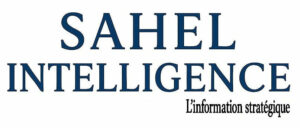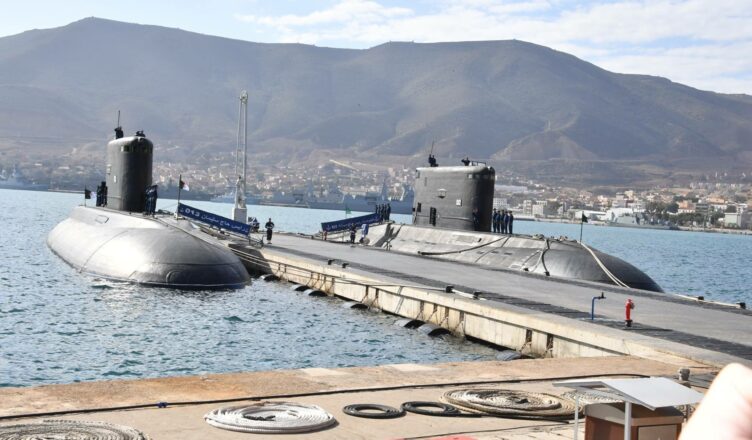The current context of extreme tensions in the Middle East does not prevent Iran from continuing to expand its influence through various proxies in Africa. Non-state actors such as Hezbollah in Lebanon, Hamas, and the Polisario, supported by the Iranian Revolutionary Guards, pose significant threats not only to Israel, including with nuclear capabilities, but also to stability in North Africa and the Mediterranean, according to Western analysts.
In particular, Algeria’s role as a pivot in this dynamic has drawn attention, especially after the deaths of Ismail Haniyeh and Fouad Choukr.
Hezbollah, supported and funded by Iran, remains a major force in Lebanese politics and a formidable military actor. Its involvement in the Syrian civil war and its continued support for terrorist groups in the region bolster Iranian influence.
Hamas, based in the Gaza Strip, also receives substantial military and financial support from Tehran, despite occasional disagreements. Both groups are key elements of Iran’s strategy to maintain constant pressure on Israel.
Meanwhile, the Polisario, based in the Tindouf camps in Algeria, is strengthening its connections with Iran. Although Algeria denies any direct involvement in Iranian support for the Polisario, reports indicate that Iran has supplied this organization with hundreds of drones and missiles to extend its influence in Africa, particularly in North Africa.
In this context, the Iranian Revolutionary Guards play a central role in Iran’s foreign policy, including in Africa. Their presence in Algeria, though secretive, is steadily increasing as Iran seeks to bypass international sanctions and establish new points of influence. The Revolutionary Guards conduct clandestine operations ranging from military training to logistical support for various militant groups.
According to sources close to the Algerian military, some Algerian Mediterranean ports may serve as logistical and military support points for Iranian proxies in the Mediterranean.

